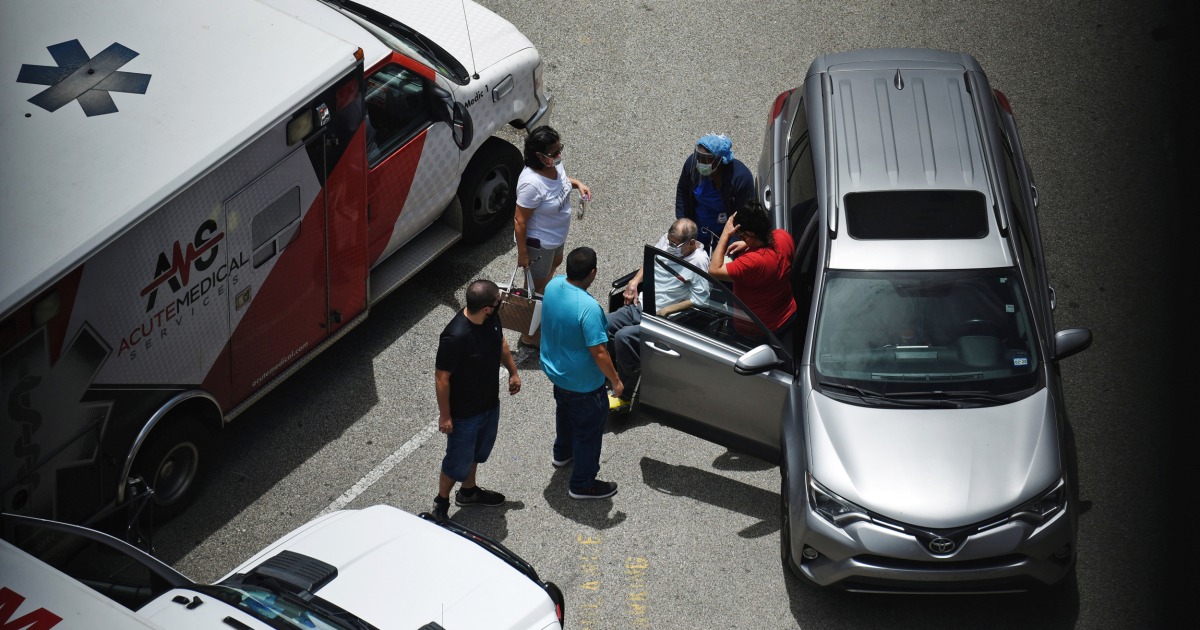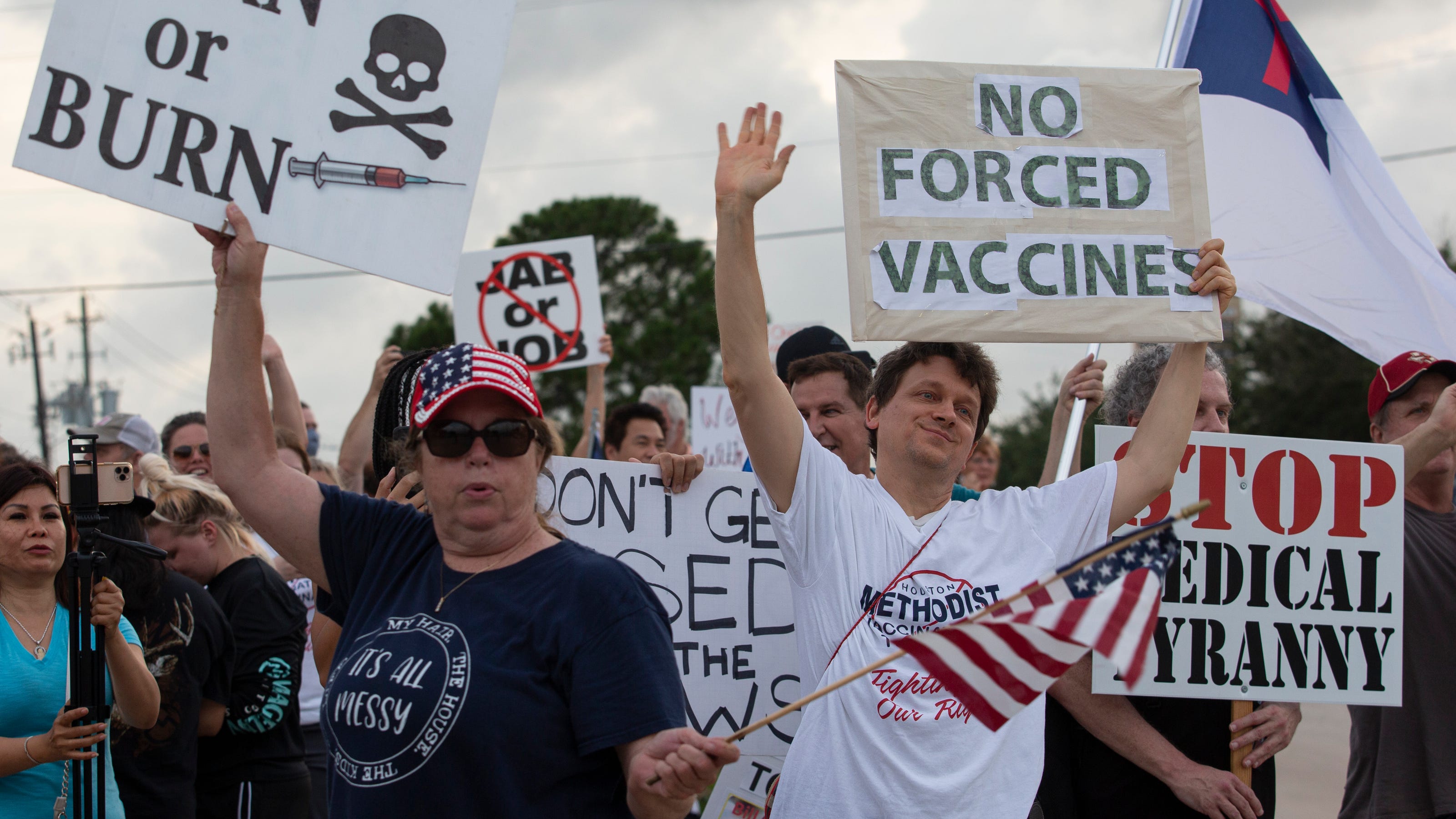OMAHA, Neb. (AP) — Nebraska lawmakers rejected state-mandated coronavirus protections for meatpacking workers on Tuesday, with opponents arguing that slaughterhouses have already taken precautions and that the pandemic is nearly over.
Lawmakers voted, 25-18, to sideline the measure for the rest of the year, even though supporters said it was necessary to ensure that all plants are keeping their employees safe.





/cloudfront-us-east-2.images.arcpublishing.com/reuters/HKKP3BBCI5MWLF352EEMHOA7V4.jpg)


Recent Comments